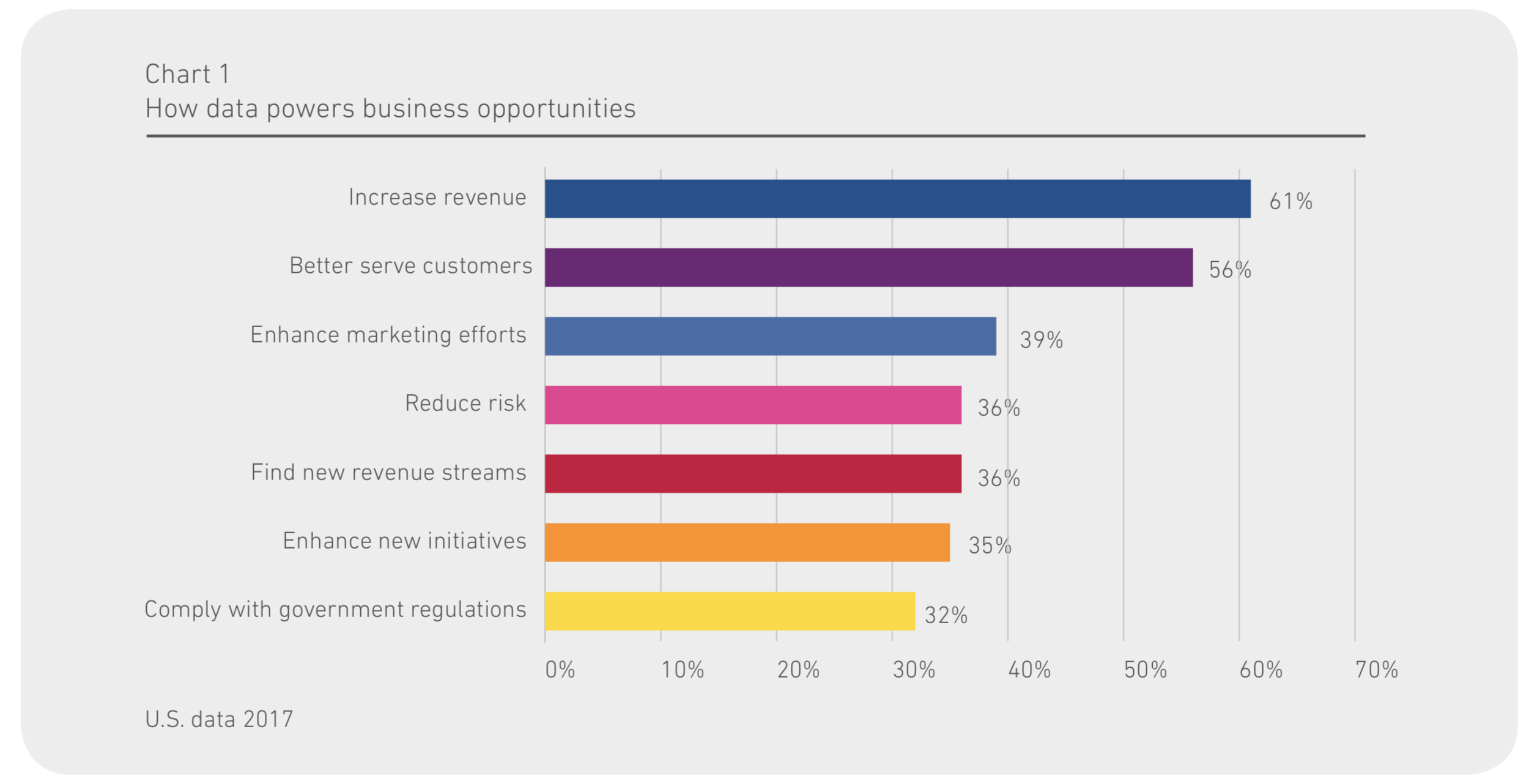Master Data Strategy: How to achieve greater operational efficiency and improve the customer experience?

Without a doubt, the corona pandemic has led to a holistic rethinking in many areas of the company. Companies have implemented solutions that make their employees work easier, help them to reduce overall costs, and improve existing business processes and their customer’s experience in parallel. All this can’t be done without good master data. Master data is at the heart of all operational processes. Sourcing, product development, manufacturing, shipping, marketing, and sales all depend on the ability to efficiently collect, manage, and share trusted data on time.
Master data management also helps to automate and control error-prone manual processes, enable transparency and insights to make better operational decisions and so organizations can improve the quality of products and services, and accelerate time-to-market.
In order to achieve increased productivity, profitability, and business performance while reducing costs, one must not ignore the quality of the master data, regardless of whether it is customer master data, supplier master data, or article master data. Only superior quality data has a decisive influence on the efficiency of business processes and the quality of corporate decisions. Outdated, incorrect, or missing master data can lead to a loss of sales or weaken the reputation of the customer or supplier.
What mistakes can one make in master data management?
Management is not involved
Without the support and coordination with the management, the master data management project is doomed to failure. The support of the management right from the start is the only way to dissolve cross-departmental thinking. The senior management officer must ensure that the project team can not only streamline the management of data across departments but also that business processes and procedures can be adjusted across departments if necessary. Such huge changes are rarely received positively, so effective communication in change management is necessary.
Master data management is not an IT issue
Master data management is not a technical challenge or problem that only the IT department can solve. This topic must be addressed by the specialist departments. Only the various specialist departments know the content-related requirements for correct and up-to-date data. And they know their own business processes in which the various data are generated or changed. IT can help with the selection and the implementation of MDM solutions, but the specialist departments must take on the technical part here.
The long-term vision of the MDM project
As with any project, the MDM project also needs good management within the organization based on a correct goal matrix and a long-term vision for data management. However, this must not tempt you to create the scope of the project in such a way that it is no longer possible to carry it out quickly and efficiently. Agile project management makes it possible for achieving the goals step by step. With an unrealistic project scope, the entire project can quickly fail, and you end up with no result. Most of the time an experienced project manager, possibly external, can help get the project off the ground.
Organizational and cultural changes are ignored
No matter how good the project, the goals, and the vision, it will fail if all the different parties in the organization are not brought on board. Those affected and opinion leaders play a key role in the success of the project. The project team often gambles away its own success by doing everything in a quiet little room and in the end, everyone is surprised by the new solution, the result = is rejection. Good change management communication to the affected groups is an essential component of building awareness and support for organizational change and achieving long-term success.
The goal of mastering data management is the optimization, improvement, and long-term protection of data quality and data consistency. The main problem is when the master data is stored redundantly in different databases. This leads to time-consuming and costly data comparisons or the introduction of a central MDM system that, as a central data hub, provides the data for all other systems.


